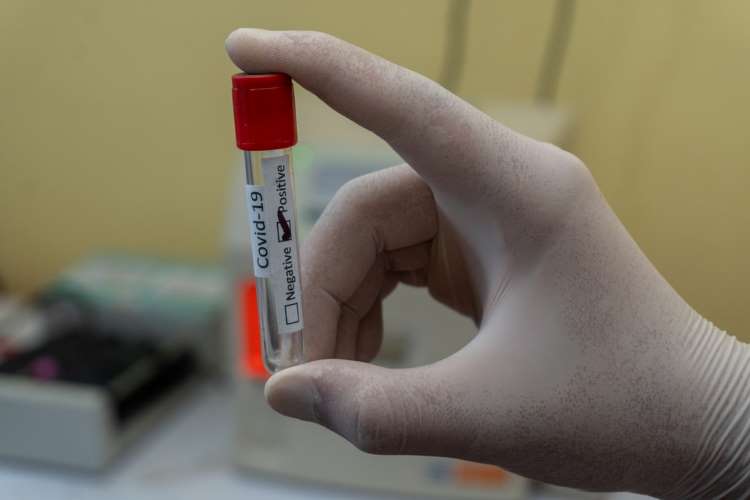
By Susmita Dasgupta
Free universal vaccination by the government against Covid-19 will be a Himalayan blunder that could put India’s 1.3 billion citizens in danger. If there are enough vaccine doses to cover the target population, then free vaccination makes sense. If enough vaccine doses are not being produced, then pricing them according to the purchasing power of different classes of population will make sense, encouraging manufacturers to produce in larger quantities. Since vaccines have now become similar to oxygen, there will be demand irrespective of the price.
We have two distinct issues at hand — universal inoculation and free vaccines. The former depends on the scale of production, for which India will need gargantuan capacities of production. This could have been done by appealing to each pharma company to manufacture vaccines, instead of allowing only a few to do so.
READ I Women and employment: How economic liberalisation failed to address inequalities
Free universal vaccination difficult to achieve
Here, there are two issues — distinct and related. One is the universal vaccine and the other its deliverance free of cost. Understandably, if each one of us must compulsorily get ourselves vaccinated, then it must be free of cost. Yet there is nothing which is free. There is always someone else paying the price. The vaccines would be produced with tax money and then given free. In a way, we have effectively paid for our vaccination. Yet, the government has terribly mismanaged the process. It did not place orders with the manufacturers in quantities that could effectively vaccinate a substantial part of the population.
As a face-saving measure, it spread lies about its intent to free universal vaccination. It intended to do nothing of the sort, evident from the fact that it did not place orders. Orders were not placed because of the government’s tightfistedness and vaccines were not produced in quantities needed for universal immunisation.
READ I Govt must unleash more GST concessions amid Covid-19 crisis
Govt must open purse strings for Covid-19 vaccine drive
The attitude of the government over money is evident in the reply to Saket Gokhale’s RTI question. An amount of Rs 1,486 crore was spent to procure 6.6 crore doses of vaccine, of which 5.6 crores were of Covishield and 1 crore were of Covaxin. This miserliness is the reason why the government did not place orders for vaccines liberally, bringing in the archaic system of licences, permits, quotas and price caps.
Instead of increasing vaccine supplies, the government restricted them. It wanted the monopoly in production of vaccines and did not want to spend enough for acquiring that monopoly. It was eager to see the money return to the coffers, and hence exported 90% of the production to make the 10% drop free. The government wanted to be seen as the sole force in command of the situation, but failed to handle such large numbers. What happened in case of the vaccines also happened in case of oxygen supplies.
READ I Sustainable development: ESG debates must enter classrooms, mass media
Open up Covid-19 vaccine production, administration
In an interview with NDTV, Anupam Kher explained how the government assuming monopoly over supplies of oxygen is going around asking NGOs to step. The Modi government was busy clipping the wings of these NGOs ever since it took over in 2014.
The insistence on free vaccines at this moment of huge shortage will be suicidal. Now India needs to pump in money into as many companies as it can. And it has to start with SII and Adar Poonawalla. It needs to stop people from crowding at vaccine counters, and diversify / amplify vaccine supply. This needs investment in staff, equipment and space. Let those who are willing to pay higher prices, pay them. This would help companies produce more doses of vaccines that can then be cross-subsidised for those who cannot pay.
Costs of increasing supplies at such a short notice will higher prices. When people pay astronomical sums for oxygen and medicines, most will not hesitate to pay higher prices for the vaccine. The higher prices charged on some people could ensure that supplies reach people at lower prices. Universalisation needs production for all, and which would mean production by many companies, purchased by hospitals and clinics and the abundance of demand and supply would help bring down the prices to reasonable levels. Covid-19 is carpet bombing the humanity. The respond should also be swift and decisive.
(Dr Susmita Dasgupta is former policy economist, Economic Research Unit, Joint Plant Committee, Ministry of Steel. Views are personal.)
